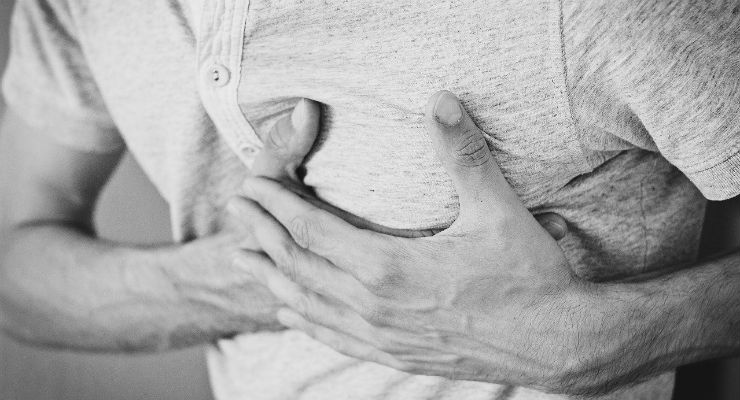COVID-19 Will Impact the Coronary Stent Market in Affected Regions
By GlobalData | 06.03.20
PCI procedures may be recommended more often than open heart surgery.
Prior to the coronavirus (COVID-19) pandemic, the global coronary stent market was worth $5 billion in 2019 and was set to grow at a compound annual growth rate (CAGR) of 3.4 percent in the next ten years to reach more than $7 billion. However, in COVID-19 affected regions and countries such as the United States and Italy, a decrease in revenues is expected during the pandemic, according to GlobalData, a worldwide data and analytics company.
The growth of the coronary stent market has been driven by the rise of percutaneous coronary intervention (PCI) procedures. PCI is a minimally invasive coronary procedure. In the majority of PCI cases, a coronary stent is used to keep the previously blocked artery open. The volume of PCI procedures are increasing globally, due to an aging population, increase in the burden of heart disease, preference for minimally invasive procedures, higher global healthcare spending, and continuous technological advancements.
Azadeh Laffafian, Ph.D., a medical devices analyst at GlobalData, said: “Overall, the COVID-19 pandemic is expected to have minimal impact on lifesaving cardiovascular procedures. PCI procedures are considered urgent in treating acute myocardial infarction or a heart attack. However, a proportion of PCI procedures are performed on patients who are not experiencing an acute medical crisis. These non-emergency cases are expected to be avoided or deferred during the pandemic.”
The American College of Cardiology (ACC) and the Society for Cardiovascular Angiography and Intervention (SCAI) have recently published a list of considerations for catheterization laboratories during this pandemic. One of these considerations included the avoidance of PCI procedures that can be deemed elective, such as PCI for stable ischemic heart disease.
According to several studies, a proportion of patients with stable heart disease may be treated just as effectively with medication. Additionally, many patients may be hesitant to go to clinics or hospitals for chest pain during the crisis, reducing the rate of diagnosis and treatment of heart disease.
On the other hand, for patients who require an interventional procedure, one of the advantages of PCI is its minimally invasive nature, and the fact that patients require less hospitalization and reduced recovery time when compared to open heart surgery. This is especially beneficial at a time when maximizing bed availability in hospitals and reducing patient exposure to COVID-19 is paramount. Therefore, PCI may be recommended more often than open heart surgery.
The growth of the coronary stent market has been driven by the rise of percutaneous coronary intervention (PCI) procedures. PCI is a minimally invasive coronary procedure. In the majority of PCI cases, a coronary stent is used to keep the previously blocked artery open. The volume of PCI procedures are increasing globally, due to an aging population, increase in the burden of heart disease, preference for minimally invasive procedures, higher global healthcare spending, and continuous technological advancements.
Azadeh Laffafian, Ph.D., a medical devices analyst at GlobalData, said: “Overall, the COVID-19 pandemic is expected to have minimal impact on lifesaving cardiovascular procedures. PCI procedures are considered urgent in treating acute myocardial infarction or a heart attack. However, a proportion of PCI procedures are performed on patients who are not experiencing an acute medical crisis. These non-emergency cases are expected to be avoided or deferred during the pandemic.”
The American College of Cardiology (ACC) and the Society for Cardiovascular Angiography and Intervention (SCAI) have recently published a list of considerations for catheterization laboratories during this pandemic. One of these considerations included the avoidance of PCI procedures that can be deemed elective, such as PCI for stable ischemic heart disease.
According to several studies, a proportion of patients with stable heart disease may be treated just as effectively with medication. Additionally, many patients may be hesitant to go to clinics or hospitals for chest pain during the crisis, reducing the rate of diagnosis and treatment of heart disease.
On the other hand, for patients who require an interventional procedure, one of the advantages of PCI is its minimally invasive nature, and the fact that patients require less hospitalization and reduced recovery time when compared to open heart surgery. This is especially beneficial at a time when maximizing bed availability in hospitals and reducing patient exposure to COVID-19 is paramount. Therefore, PCI may be recommended more often than open heart surgery.













